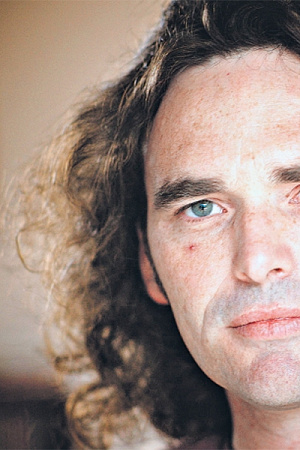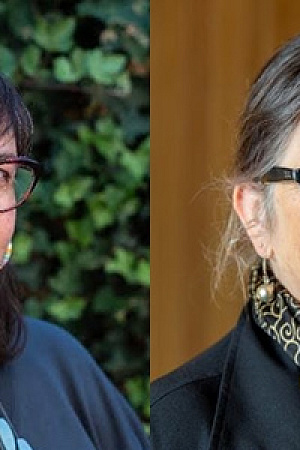Podcast
An interview with Shannon Burns
Peter Rose and Shannon Burns in conversation
In our October issue ABR Editor and award-winning memoirist Peter Rose reviews Childhood, a remarkable new memoir by Adelaide critic and writer Shannon Burns in which Burns relates the story of a childhood and adolescence spent in great poverty and neglect.
In this week’s episode of the ABR Podcast, listen to Peter Rose and Shannon Burns in conversation.
Subscribe via iTunes, Google, or Spotify, or your favourite podcast app.











Leave a comment
If you are an ABR subscriber, you will need to sign in to post a comment.
If you have forgotten your sign in details, or if you receive an error message when trying to submit your comment, please email your comment (and the name of the article to which it relates) to ABR Comments. We will review your comment and, subject to approval, we will post it under your name.
Please note that all comments must be approved by ABR and comply with our Terms & Conditions.